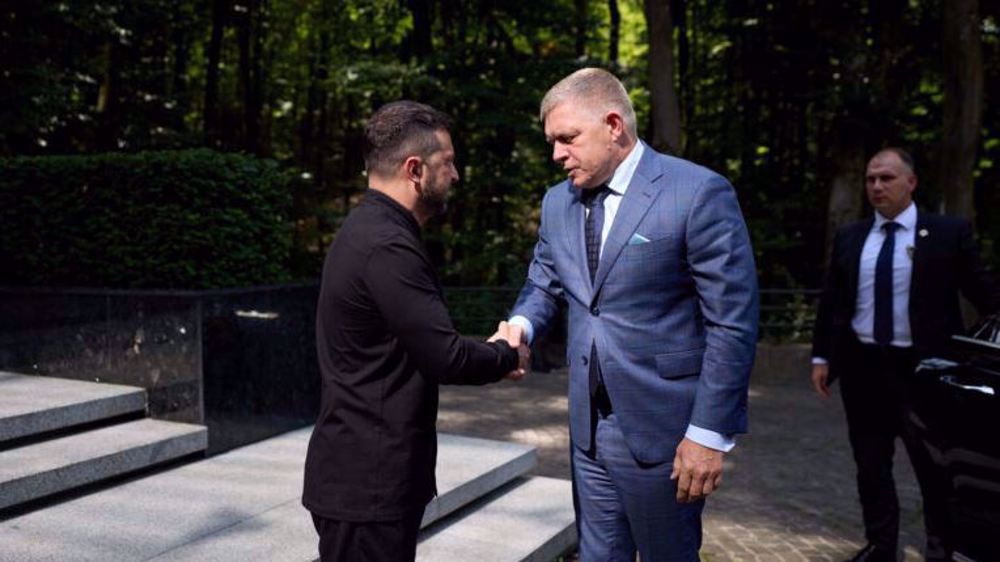Italy's move to ban Mahan Air's flights causes controversy
Max Civili
Press TV, Rome
The Italian government's early November announcement that the Iranian first private airline Mahan Air will no longer be allowed to fly to its Italian destinations of Rome and Milan from mid-December had left many baffled in Italy.
Rome's decision - made after a meeting between Italian Foreign Minister Luigi Di Maio and US Secretary of State Mike Pompeo in October - had followed that of Germany and France which had both already banned flights by the airline in the wake of US pressure.
Washington has been accusing Mahan Air of transporting military equipment and personnel to Middle East war zones - an accusation that the airline has always refuted. The attack came as part of broader US sanctions targeting Iran’s aviation industry.
Also Italy's flag-carrier Alitalia had suspended its flights to Tehran in January this year, following US President Donald Trump's decision to reinstate sanctions on Iran.
On Tuesday, at a meeting with a number of Italian journalists and geopolitical analysts held at Iran's Embassy in Rome, the Ambassador to Italy Hamid Bayat stressed the importance of maintaining access to the Italian airspace.
Iranian authorities believe direct flights between countries that enjoy long-standing relations such as Italy and Iran are essential. About 10,000 young Iranians are enrolled at Italian universities and tens of thousands of Italian tourists visit Iran every year.
Some have argued that Italy’s ban on Mahan Airliner is also a breach of the Chicago Convention on International Civil Aviation. The convention - enacted in the depths of WWII, because people understood the key role aviation would play in connecting the world - established a specialized agency of the United Nations known as ICAO.
IRGC says dismantled US radar in Qatar, attacked destroyer in Indian Ocean
Modi's Israel visit shows morality no longer guides India's foreign policy: Journalist
Iran to hold massive public funeral for 'Martyr Leader' Imam Khamenei
FM Araghchi: Trump betrayed diplomacy, Americans by attacking Iran
CIA turns to Kurdish militants to destabilize Iran after war failures: Report
Iran won’t remain silent in face of aggression: Envoy
Tehran warns EU against ‘Nazi mindsets,’ slams German backing of Israeli-US aggression
Iran agreed to nuclear concessions in Geneva talks – and then US-Israel bombed









 This makes it easy to access the Press TV website
This makes it easy to access the Press TV website